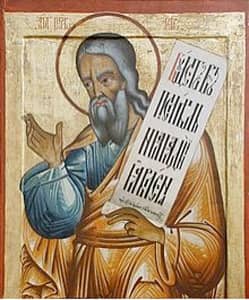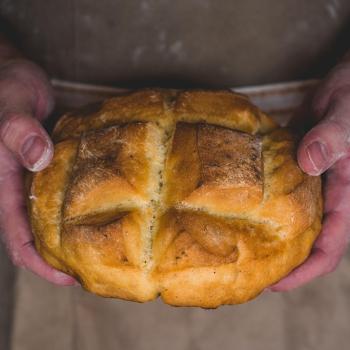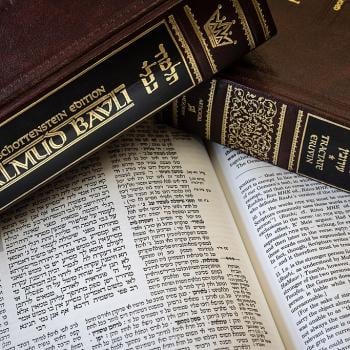Comfort ye, my people.
That Arioso for tenor is one of my favorite parts of Handel's Messiah, a perfect combination of words and music, and the words as you've noted are drawn from Isaiah. For all the condemnations and hard truths, the Hebrew prophets also give us some of surest assurances that God loves us, that we are valuable, that there is more to our existence than the day-to-day scramble we all endure.
Isaiah understood that comfort is a need for both the affluent and the distressed, for both the centered and the frantic. We all need the spiritual comfort that we are loved and valued beyond our ability to string up Christmas lights and pick out (and afford) the perfect gift. We all need to know that we are adored and treasured beyond our ability to pull off a Christmas party or put together a toy seemingly designed by engineers in another land.
 |
| (Russian icon of the Prophet Isaiah, 18th century (iconostasis of Transfiguration Church, Kizhi monastery, Karelia, Russia). From Wikipedia) |
My favorite 18th Century Russian icon of Isaiah depicts the prophet—like El Greco's John the Baptist—looking away to that which is coming. Unlike many icons, the saint doesn't look directly at the viewer. Isaiah is not there to draw us to God through contemplation of him personally. His job is to draw attention to what is off screen—to Yahweh's salvation as it approaches. He has come to bring a message.
Comfort ye, my people, says the LORD God. Times are hard and things are uncertain. But I have not forgotten you, and I am sending my son to be with you and draw you to me. He will be counselor, savior, and bring my peace among you.
There is nothing to fear.
Set aside your worries.
Put away your anxiety.
Don't give in to despair, even if you feel alone and abandoned.
I am with you, and I will never leave you.
And that's why, believe it or not, Old Testament prophets like Isaiah, those angry wild-eyed maniacs, are the source of some of our greatest spiritual comfort.
We may not know what is going to happen next year, or even from one moment to the next, but the prophets tell us that God is moving in the world, and that we can get on board with that action.
They tell us that God has a plan for us, even if we can't see or know it.
And that's one reason that the prophets appeal to us so powerfully—they tell us that whatever happens next, God is working in history to achieve God's purposes, and we are not left out of God's thoughts for even a moment.
They bring us comfort in challenging times.
As you think about the Advent season, the Christmas rush, the new year ahead, where do you need comfort in your life?
How might the sure knowledge that you are loved by the Creator of the universe grant you peace and joy this Advent?





